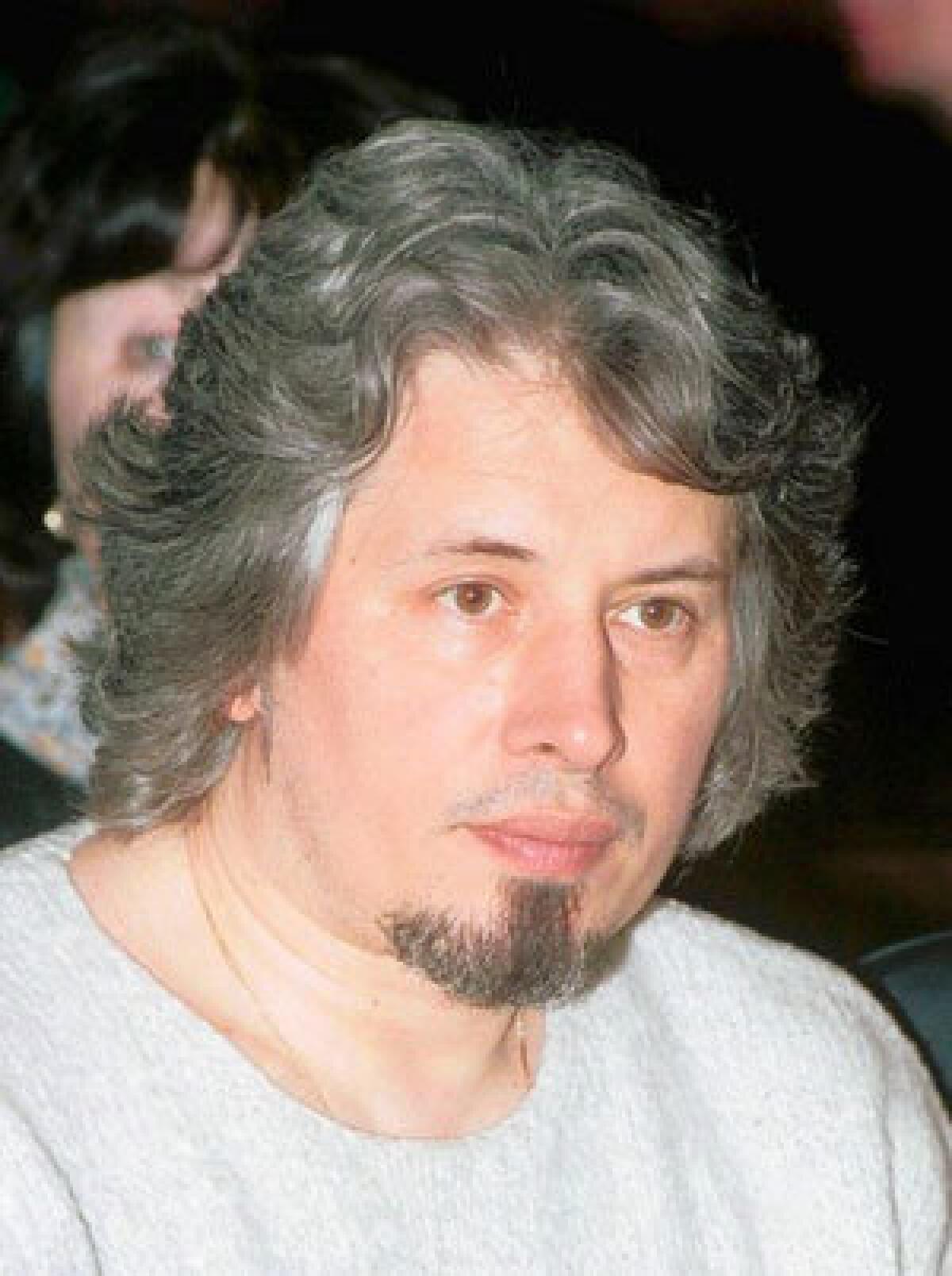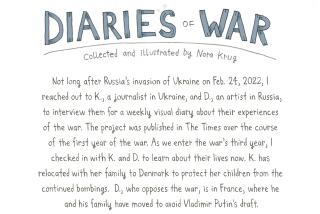Discoveries: ‘The Beauty of Humanity Movement’ by Camilla Gibb

The Beauty of Humanity Movement
A Novel
Camilla Gibb
Penguin Press: 312 pp., $25.95
It begins and ends with pho — in a noodle shop in Old Hanoi. Old man Hung is a true professional — his delicious soup is a metaphor for a dying way of life. Each morning, he spoons the broth for customers, a broth that depends on his long-standing relationships with local butchers. He remembers the days back in the ‘50s when his shop was a gathering place for dissident artists, until many of them were taken to reeducation camps. In the camps they formed the Beauty of Humanity Movement, celebrating poetry and art that had little to do with the party line.
One morning, many decades later, a stranger appears at the shop — a young woman named Maggie, born in Vietnam but raised in America, who has come back to look for clues to her father’s disappearance after his escape from the camps. Camilla Gibb drapes her story over good strong bones — characters (including the grandson of a poet friend of Hung’s) that span several generations, the nobility of the artists in contrast to the war and its political players. But the true beauty of the novel radiates from the details — the smell of the soup, the feeling of the early-morning streets, the sense of community in poverty and the community woven by memories. “But what’s the real Vietnam?” Maggie asks the grandson of the poet. “This is a country that erases its own history.”
Day of the Oprichnik
A Novel
Vladimir Sorokin, translated from the Russian by Jamey Gambrell
Farrar, Straus & Giroux: 194 pp., $23
Let’s just say that when we readers react to self-indulgent bureaucrats eating blini and driving smart Mercedes in the political future, it tends to be that dark laughter that rolls off the precipice of fear. “Day of the Oprichnik” is set in Russia in 2028. It follows a day in the life of Andrei Danilovich Komiaga, a character reminiscent of Tony Stark (played by Robert Downey Jr.) in “Iron Man” (before his revelation) or the hedonistic Oblonsky in “Anna Karenina.” Komiaga is a member of the secret police — on any given day he rounds up the orphaned children of murdered nobles, squeezes his constituency for bribes, maybe even murders a dissident or two. With his finger-lickin’, luxury-lovin’ persona, he’s a bit of a caricature. “Health isn’t the least thing in our dangerous life,” he earnestly tells the reader. “I take care of mine: I play skittles twice a week, then I swim, I drink maple juice with ground wild strawberries, I eat overgrown fern seeds, I breathe properly.” The height of Komiaga’s day is a series of bizarre sexual rituals with his fellow secret police that involve fish and steam. Sorokin writes (here and in his recently republished “Ice Trilogy”) about the absurdities of power. “Day of the Oprichnik” is an arrow in the heart of the Russian mafia; 50 years ago it would have been aimed at the Communist Party.
Fair Play
A Novel in Stories
Tove Jansson, translated from the Swedish by Thomas Teal
New York Review Books: 100 pp., $14 paper
Perhaps it’s the simplicity, the clarity of the language; maybe it’s the invocation of Finland — the sea; short, sweet, green summers — something in this novel leaves a reader feeling the natural kindness of the world, the goodness and simplicity of people, the possibility of ideas to make us happy. “Jonna had the happy ability to wake up every morning as if to a new life.” Jonna is an artist, and Mari is a writer. “There are empty spaces that must be respected,” Finnish writer and illustrator Tove Jansson (the “Moomin” children’s books) tells us in describing the relationship of the couple, “those often long periods when a person can’t see the pictures or find the words and needs to be left alone.” Can you hear the breeze blowing through the words? They talk about movies and hunting, sculpture, mothers, fog, war. They travel. They talk each other through sculptures and illustrations. “Fair Play,” in a most subtle way, describes the bare bones of a successful relationship.
Salter Reynolds is a Los Angeles writer.
More to Read
Sign up for our Book Club newsletter
Get the latest news, events and more from the Los Angeles Times Book Club, and help us get L.A. reading and talking.
You may occasionally receive promotional content from the Los Angeles Times.






